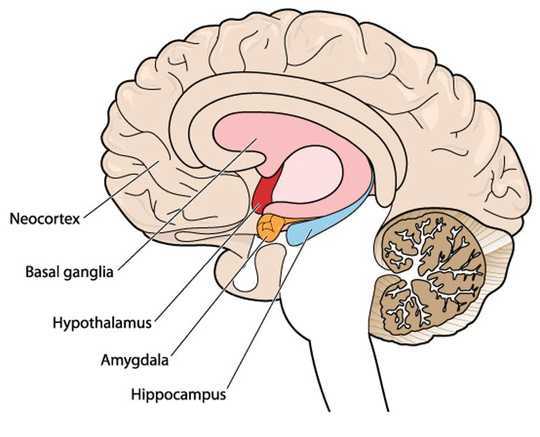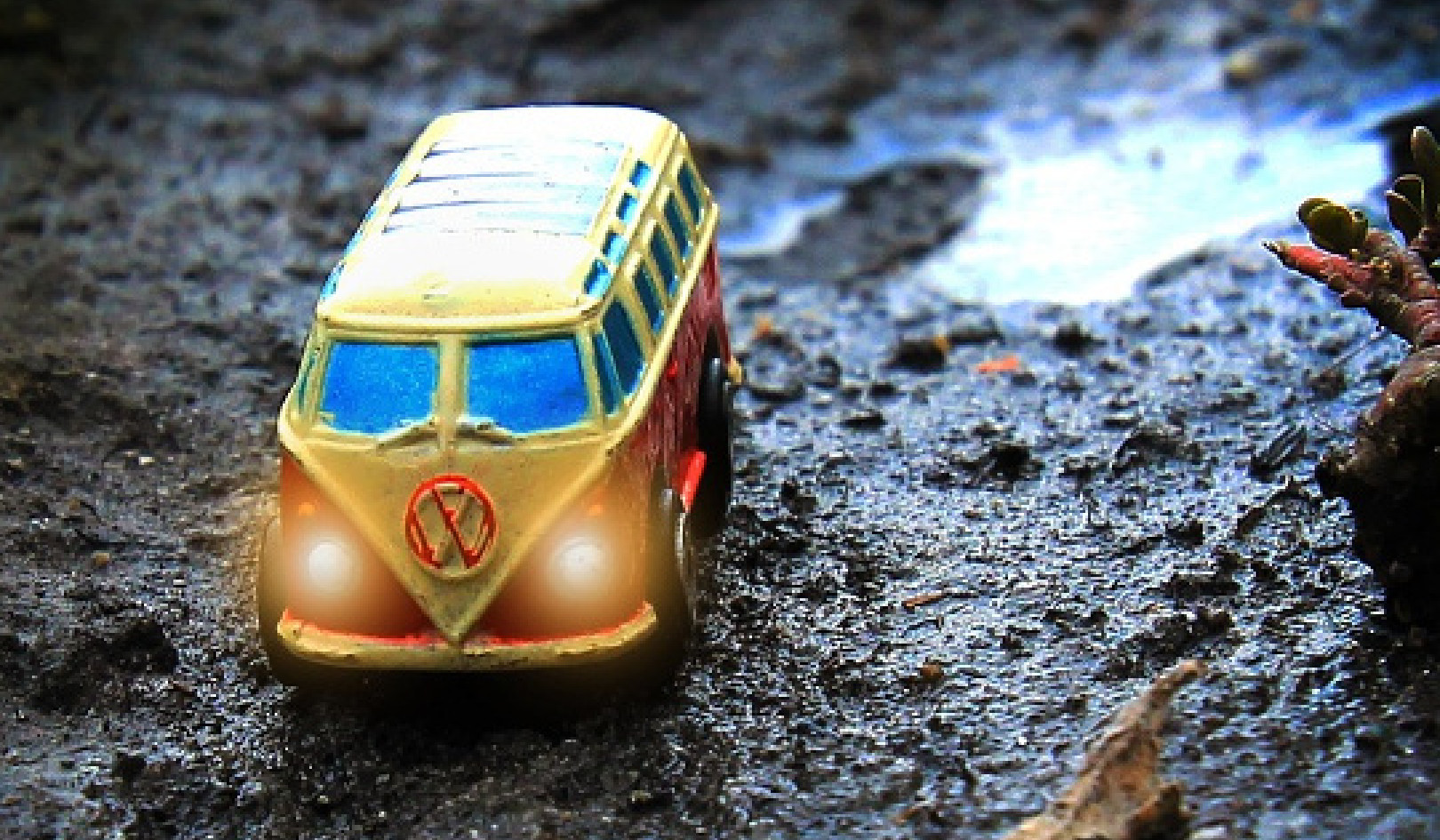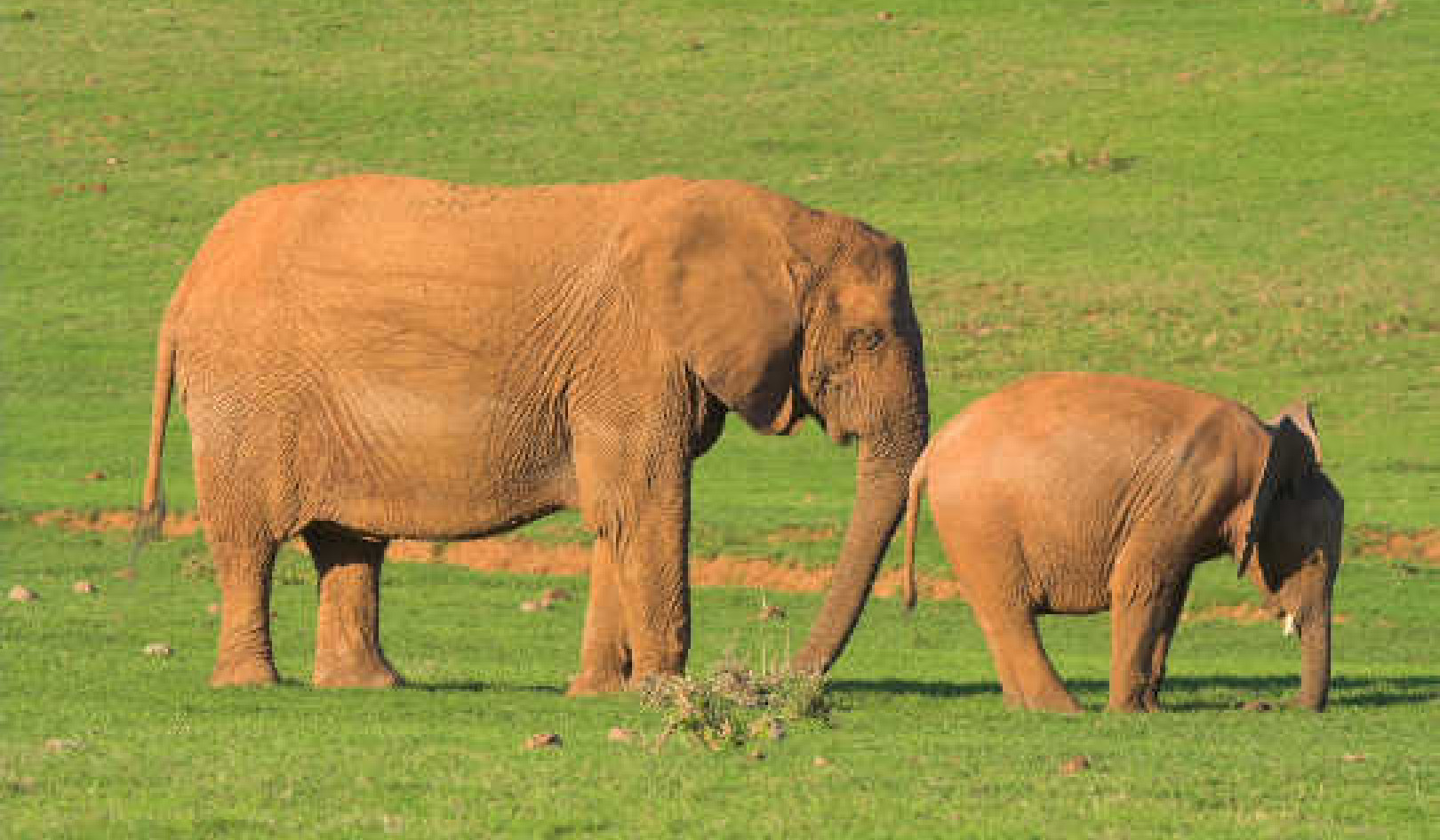
Big worries can feel scary and confusing. Sometimes a little worry can feel like a big one too. barskefranck/pixabay, CC BY-NC
You might think there are some people who never worry. But that’s not true. We all worry but at different times and about different things. A bit of worrying is normal and healthy.
It’s your brain telling you something helpful. It might be telling you there’s something you need to think more about. We couldn’t get rid of worries even if we really wanted to!
Why people worry
Some people worry more than others because they’re born that way. Some experts say your genes or personality can make a person more likely to be a worrier. Worries can run in families – maybe mum, dad, your sibling or grandparents could be worriers too.

Worrying is quite common – some people worry more than others because it can be something they’re born with. DeniseMCal/pixabay, CC BY
Worries are actually really common. In your class, there’s a good chance that three or four other kids would know about worries because they’ve got them too. Maybe they’re thinking about a few worries right now.
Worrying has nothing to do with being brave, strong or your character.
Big worries and small worries
Worries can be helpful. There is a part of the brain called the amygdala. It’s not very big and it’s shaped like an almond. It switches on really quickly when it thinks you’re in danger. It’s there to protect you. Its job is to get you ready to run away from any danger.
But worries become a problem when they show up at unexpected times. Sometimes you can’t forget the worry. The worry stays on your mind, and maybe you feel sick in your tummy or have a headache. These worries can turn your brain’s amygdala on, and make it feel like you need to run even when there is no danger around.

The orange section of the brain is the amygdala. Its job is to protect you – by getting you ready to run away from any danger. Blamb/shuttershock, CC BY
Sometimes people can worry a lot because something in their life is hard.
If you are having a hard time in your life – like an illness, family or school issues, or problems with friends – that can make you feel worried. We could call these big worries.
Big worries can feel scary and confusing. Sometimes a little worry can feel like a big one, too.
Avoiding worries big or small doesn’t help. It can make them worse. But we can ease our big worries into smaller ones so they’re not on our mind all the time.
That way they don’t stop us from doing things or make us feel like we need to run away from danger when there is none there.
What can help with worrying too much?
If you feel like you worry too much, the most important thing you can do is make yourself the boss of your worries. Whether they are big or small, you can try:
-
Hot Cocoa Breathing: Pretend you have a mug of hot cocoa in your hands. Smell the warm chocolatey smell for three seconds, hold it for one, blow it cool for three, hold it for one. Repeat three or four times;
-
Grounding: Distract yourself from the worry by looking and finding:
- five things you can see
- four things you can touch
- three things you can hear
- two things you can smell
- one thing you can taste
- Talk to an adult you trust like a teacher, neighbour or parent.
About the Author
Christine Grové, Educational Psychologist and Lecturer, Monash University
This article is republished from The Conversation under a Creative Commons license. Read the original article.

Books Improving Attitude and Behavior from Amazon's Best Sellers list
"Atomic Habits: An Easy & Proven Way to Build Good Habits & Break Bad Ones"
by James Clear
In this book, James Clear presents a comprehensive guide to building good habits and breaking bad ones. The book includes practical advice and strategies for creating lasting behavior change, based on the latest research in psychology and neuroscience.
Click for more info or to order
"Unf*ck Your Brain: Using Science to Get Over Anxiety, Depression, Anger, Freak-Outs, and Triggers"
by Faith G. Harper, PhD, LPC-S, ACS, ACN
In this book, Dr. Faith Harper offers a guide to understanding and managing common emotional and behavioral issues, including anxiety, depression, and anger. The book includes information on the science behind these issues, as well as practical advice and exercises for coping and healing.
Click for more info or to order
"The Power of Habit: Why We Do What We Do in Life and Business"
by Charles Duhigg
In this book, Charles Duhigg explores the science of habit formation and how habits impact our lives, both personally and professionally. The book includes stories of individuals and organizations who have successfully changed their habits, as well as practical advice for creating lasting behavior change.
Click for more info or to order
"Tiny Habits: The Small Changes That Change Everything"
by BJ Fogg
In this book, BJ Fogg presents a guide to creating lasting behavior change through small, incremental habits. The book includes practical advice and strategies for identifying and implementing tiny habits that can lead to big changes over time.
Click for more info or to order
"The 5 AM Club: Own Your Morning, Elevate Your Life"
by Robin Sharma
In this book, Robin Sharma presents a guide to maximizing your productivity and potential by starting your day early. The book includes practical advice and strategies for creating a morning routine that supports your goals and values, as well as inspiring stories of individuals who have transformed their lives through early rising.
























